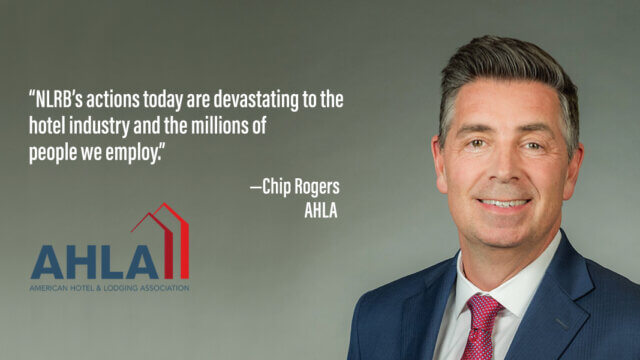With hotels around the country welcoming back guests, and travel and tourism beginning to return, hotels are going to new lengths to protect their guests, their staff and their businesses from the risks of COVID-19. But hotels must be careful not to lose sight of another insidious risk: Amid the heightened sensitivities of the COVID-19 pandemic, a single bed bug sighting could be disastrous to a hotel’s reputation, and the presence of these pests brings the threat of costly litigation as well.
Guests returning with higher cleanliness standards
The COVID-19 crisis has made the public acutely aware of health risks presented by public and shared spaces, such as those in hotels. There’s also heightened public awareness of just how important basic cleanliness can be in mitigating these health risks. Before the pandemic, 78% of guests felt that cleanliness was the most influential factor in determining the hotel guest experience. But as guests gradually return to hotels over the coming months, they’re coming back with even higher cleanliness standards.
A single bed bug sighting could be disastrous
Guests are instinctively repulsed by pests. Whether on a conscious or subconscious level, a pest sighting calls into question the cleanliness and safety of the entire hotel. Bed bug sightings have always been a major reputation risk for hotels. But with the potential for a guest review or photo posted on social media to go viral in minutes, a hotel’s reputation is particularly vulnerable. In the middle of perhaps the lodging industry’s most challenging period in history, hotels cannot afford to put their reputation on the line.
Costly litigation is the newest bed bug risk
If your hotel experiences a bed bug incident, you’re already dealing with the high costs of treating the issue—and the potential ongoing costs of reputation damage. Now, there’s a new risk to consider: bed bug litigation. Building on well-established cases of tenants receiving upwards of $1 million in damages from landlords that were found to be negligent, more and more hotel guests are suing hotels, claiming negligent practices that led to bed bug incidents. According to The Bantam Group, nearly half of all hotels have already faced some kind of litigation relating to bed bug infestations, and hotels have been held liable for as much as $500,000 in damages.
Are you meeting the “duty-of-care” legal standard?
Many states are now creating specific legislation around bed bugs and the lodging industry. But legal experts point out that premises liability laws are already in place in every state, establishing that hotels may be held liable if the so-called “duty-of-care” standard is not met. In other words, hotels can become liable if a lawyer can prove hotel management was negligent. For example, hotels are not meeting duty-of-care standards if they rent rooms when they know there are bed bugs present, they use DIY treatments instead of engaging a professional Pest Management Partner (PMP), or they do not follow PMP recommendations for treatment and/or when to release the room for occupancy.
Proactive prevention: No bed bugs, no risk of litigation
Showing that your hotel is taking proactive, preventative measures to stop bed bugs can put the law on your side in the event of a guest lawsuit. But even if a court rules in your favor, or the case is dismissed, there are still significant costs: The same report from The Bantam Group found the average bed bug lawsuit costs a hotel around $20,000. Herein lies the bigger benefit of proactive bed bug prevention: It’s the best way to avoid a lawsuit in the first place—as well as the best way to mitigate serious guest health and reputation damage risks.
Applying the lessons learned through the pandemic to beat bed bugs
Hotels are rightly focused on addressing COVID-19 risks—stepping up cleaning and surface disinfection protocols to welcome back guests while mitigating infection risks. But they also must be careful not to let this new threat completely overshadow the much more familiar risks that remain. Fortunately, many of the same tenets of successful infection prevention apply to helping hotels win the fight against pests—and the insidious risk of bed bugs, in particular: Be comprehensive, be meticulous, and most of all, do everything you can to prevent the problem from taking root.
To learn more about how your hotel can take a more proactive, preventative approach to mitigating bed bug risks, download the new Ecolab Industry Report:
4 Strategies to Combat Risks & Added Expense of Hotel Bed Bug Incidents




